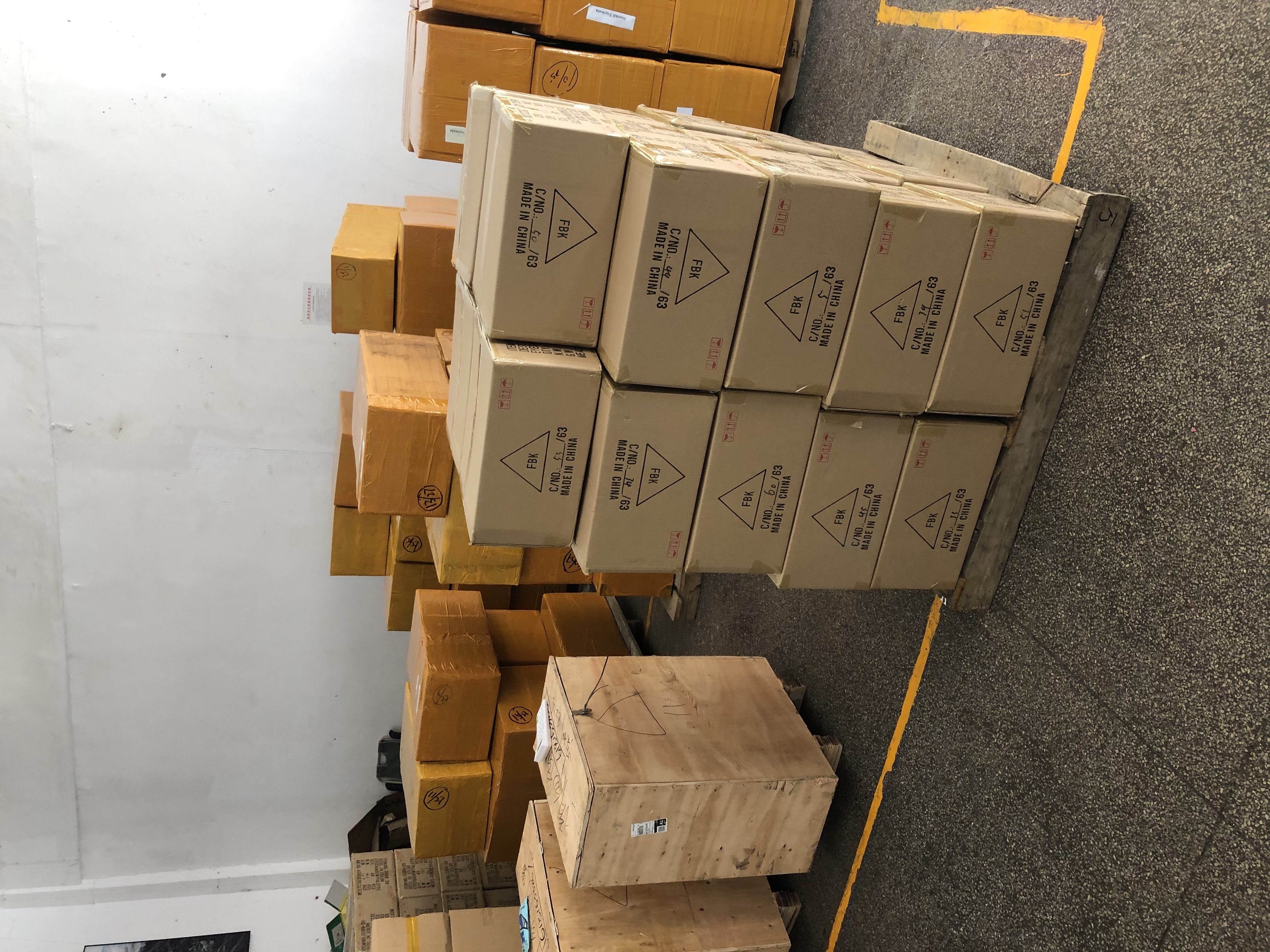1.EXW refers to ex-works (specified location).It means that the seller delivers the goods from the factory (or warehouse) to the buyer. Unless otherwise specified, the seller is not responsible for loading the goods on the vehicle or ship arranged by the buyer, nor does it go through the export customs declaration procedures. The buyer is responsible for the period from the delivery of the goods at the seller’s factory to the final All costs and risks at the destination. If the buyer cannot directly or indirectly handle the export declaration formalities for the goods, it is not advisable to use this trade method. This term is a trade term with the least responsibility for the seller.
2.FCA refers to the delivery to the carrier (designated location). It means that the seller must deliver the goods to the carrier designated by the buyer for supervision at the designated location within the delivery period stipulated in the contract, and bear all costs and risks of loss or damage to the goods before the goods are handed over to the carrier’s supervision.
3. FAS refers to “free alongside ship” at the port of shipment (designated port of shipment). According to the interpretation of the “General Principles”, the seller must deliver the goods that comply with the provisions of the contract to the ship designated by the buyer at the agreed port of shipment within the specified delivery period. , where the delivery task is completed, the costs and risks borne by the buyer and seller are bounded by the ship’s edge, which is only applicable to sea transportation or inland water transportation.
4.FOB refers to free on board at the port of shipment (designated port of shipment). The seller should load the goods onto the ship designated by the buyer at the agreed port of shipment. When the goods cross the ship’s rail, the seller has fulfilled his delivery obligation. This applies to River and sea transportation.
5.CFR refers to cost plus freight (specified port of destination), also known as freight included. This term is followed by the destination port, which means that the seller must bear the cost and freight required to transport the goods to the agreed destination port. It is applicable to river and sea transportation.
6. CIF refers to cost plus insurance and freight (specified destination port). CIF is followed by destination port, which means that the seller must bear the cost, freight and insurance required to transport the goods to the agreed destination port. Suitable for river and sea transportation

7.CPT refers to the freight paid to (specified destination). According to this term, the seller should deliver the goods to the carrier designated by him, pay the freight for transporting the goods to the destination, go through export customs clearance procedures, and the buyer is responsible for the delivery. All subsequent risks and charges apply to all modes of transportation, including multimodal transportation.
8.CIP refers to freight and insurance premiums paid to (specified destination), which is applicable to various modes of transportation, including multimodal transport.
9. DAF refers to border delivery (designated place), which means that the seller must hand over the goods that have not been unloaded on the delivery vehicle at the designated place on the border and the specific delivery place before the customs border of the adjacent country. Dispose of the goods to the buyer and complete the export customs clearance procedures for the goods, that is, the delivery is completed. The seller bears the risks and expenses before the goods are handed over to the buyer for disposal. It is applicable to various transportation methods for border delivery.
10. DES refers to delivery on board at the port of destination (specified port of destination), which means that the seller should transport the goods to the designated port of destination and hand them over to the buyer on board the ship at the port of destination. That is, the delivery is completed and the seller is responsible for unloading the goods at the port of destination. The buyer shall bear all previous costs and risks from the time the goods on board are placed at its disposal, including unloading charges and customs clearance procedures for the import of the goods. This term applies to sea transport or inland waterway transport.
11.DEQ refers to delivery at the port of destination (specified port of destination), which means that the seller hands over the goods to the buyer at the designated port of destination. That is, the seller shall be responsible for completing the delivery and transporting the goods to the designated port of destination and unloading them to the designated destination port. The terminal bears all risks and expenses but is not responsible for import customs clearance. This term applies to sea or inland waterway transport.
12.DDU refers to delivery without duty paid (specified destination), which means that the seller delivers the goods to the buyer at the designated destination without going through import formalities or unloading the goods from the delivery vehicle, that is, Upon completion of delivery, the seller shall bear all costs and risks of transporting the goods to the named destination, but shall not be responsible for unloading the goods. This term applies to all modes of transportation.
13.DDP refers to delivery after duty paid (designated destination), which means that the seller goes through the import customs clearance procedures at the designated destination and hands the goods that have not been unloaded on the means of transportation to the buyer, that is, the delivery is completed and the seller You must bear all risks and costs of transporting the goods to the destination, go through import customs clearance procedures, and pay import “taxes and fees.” This term is one for which the seller bears the greatest responsibility, expense and risk, and this term applies to all modes of transportation.
Post time: Sep-13-2023




